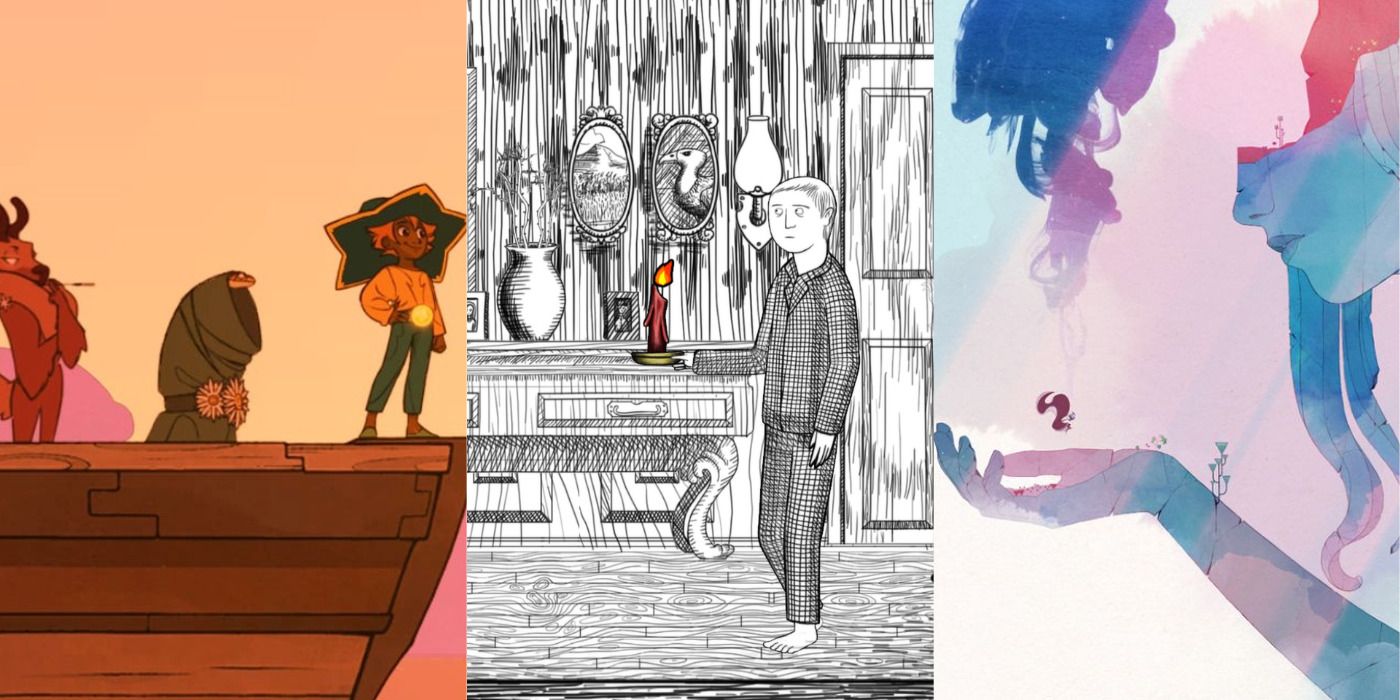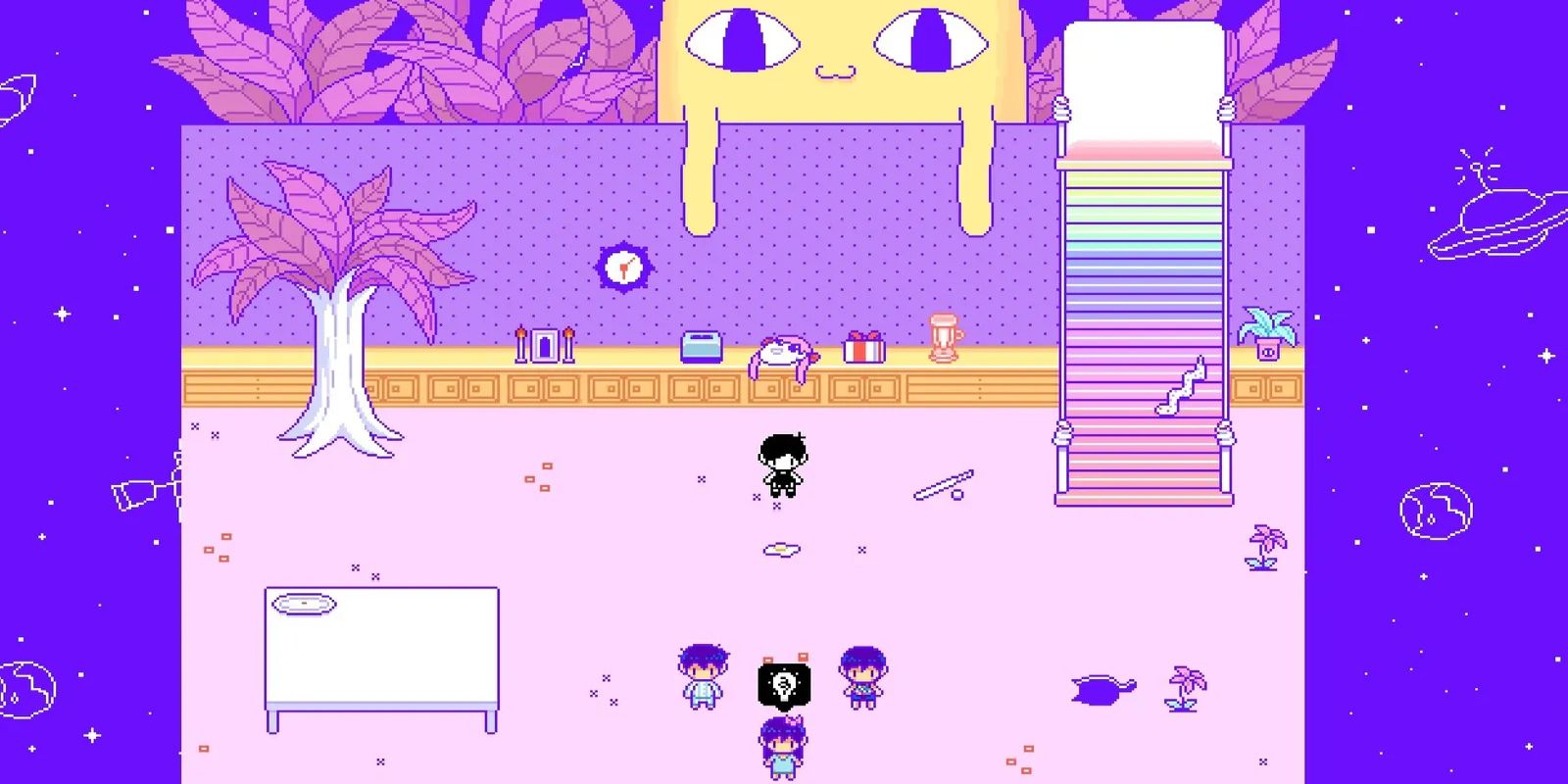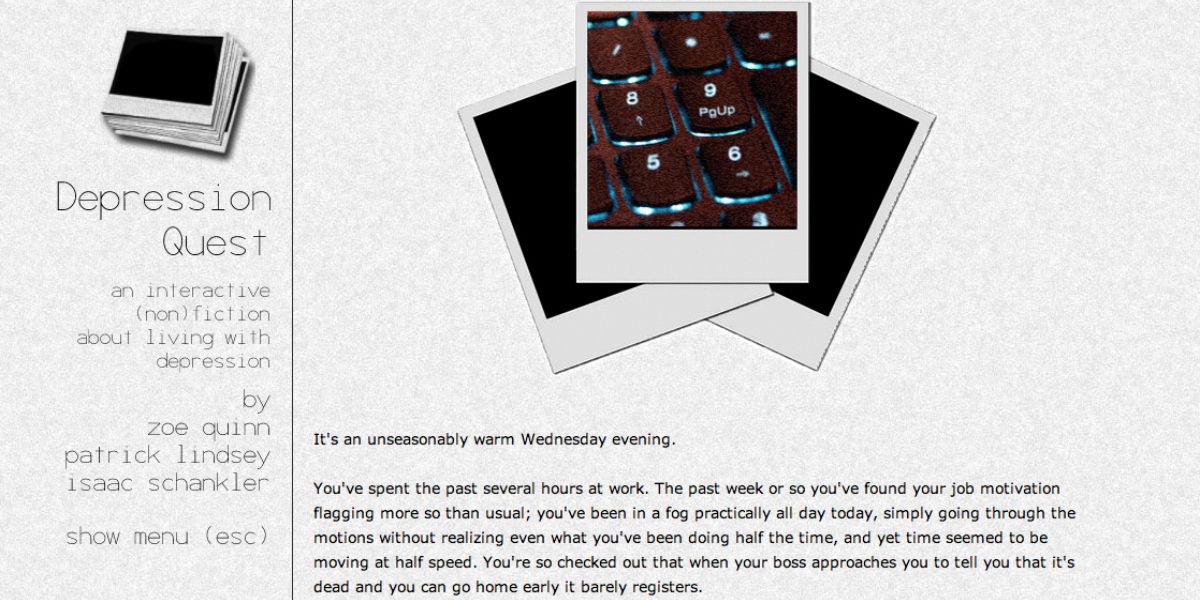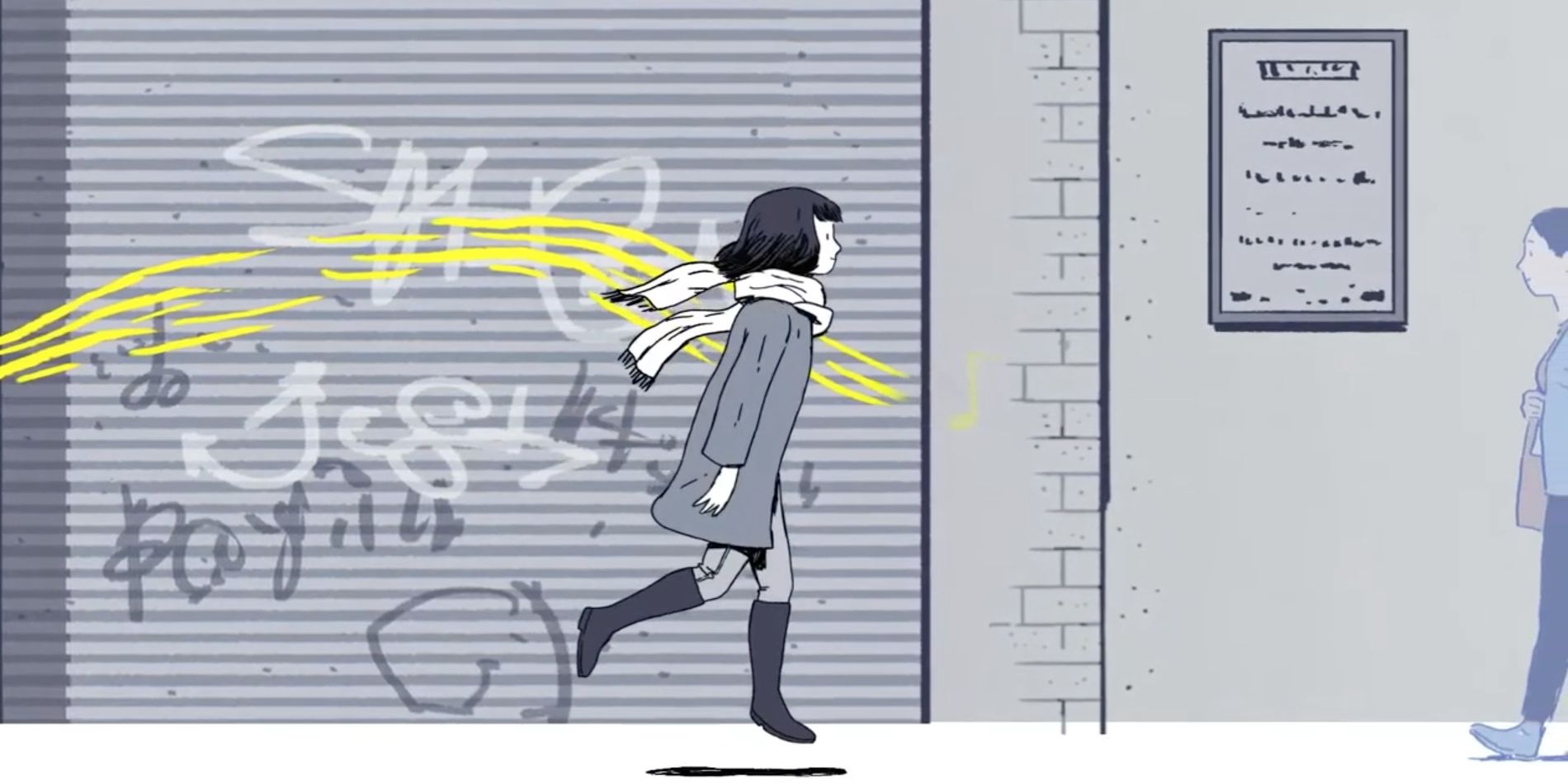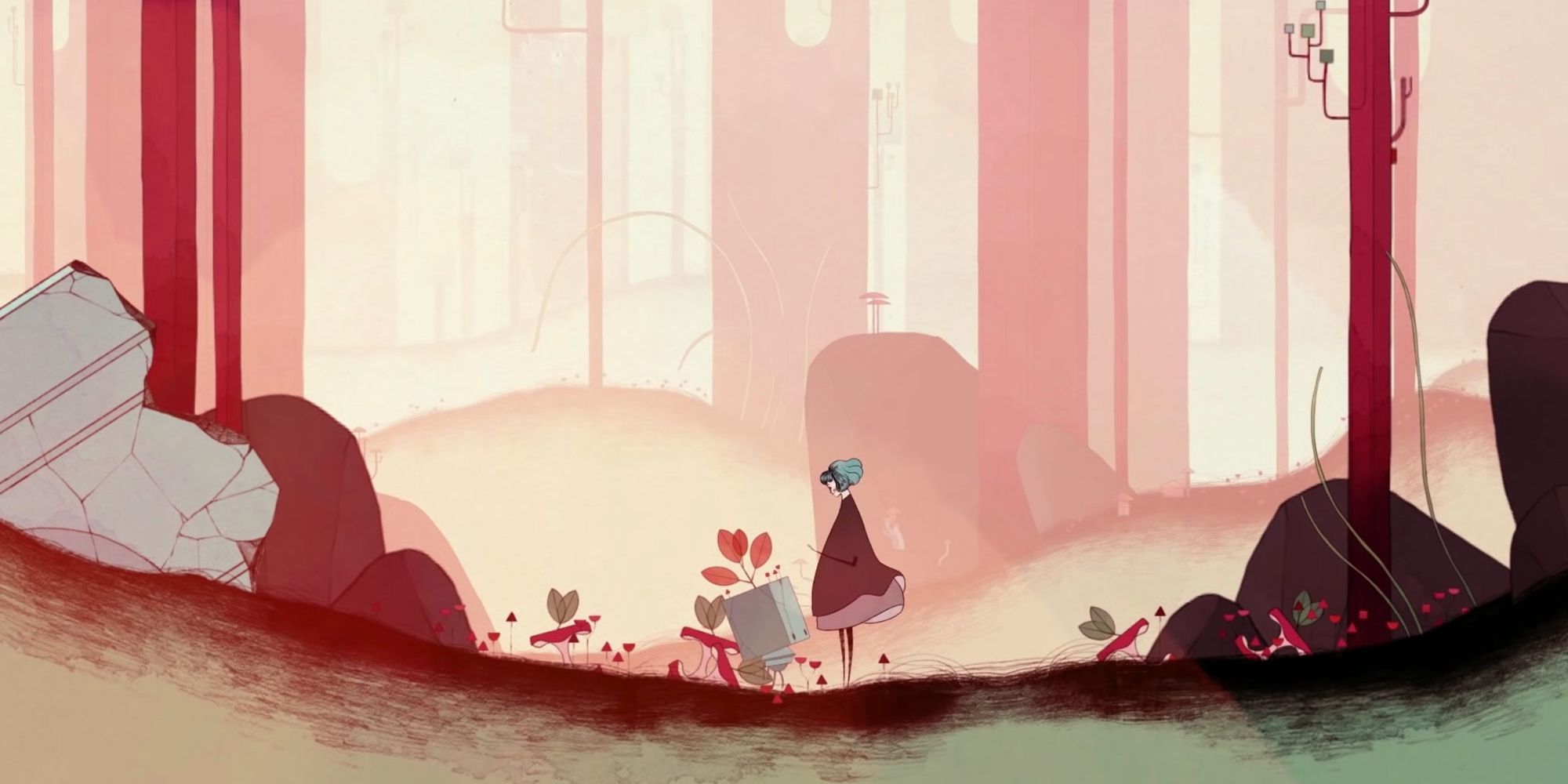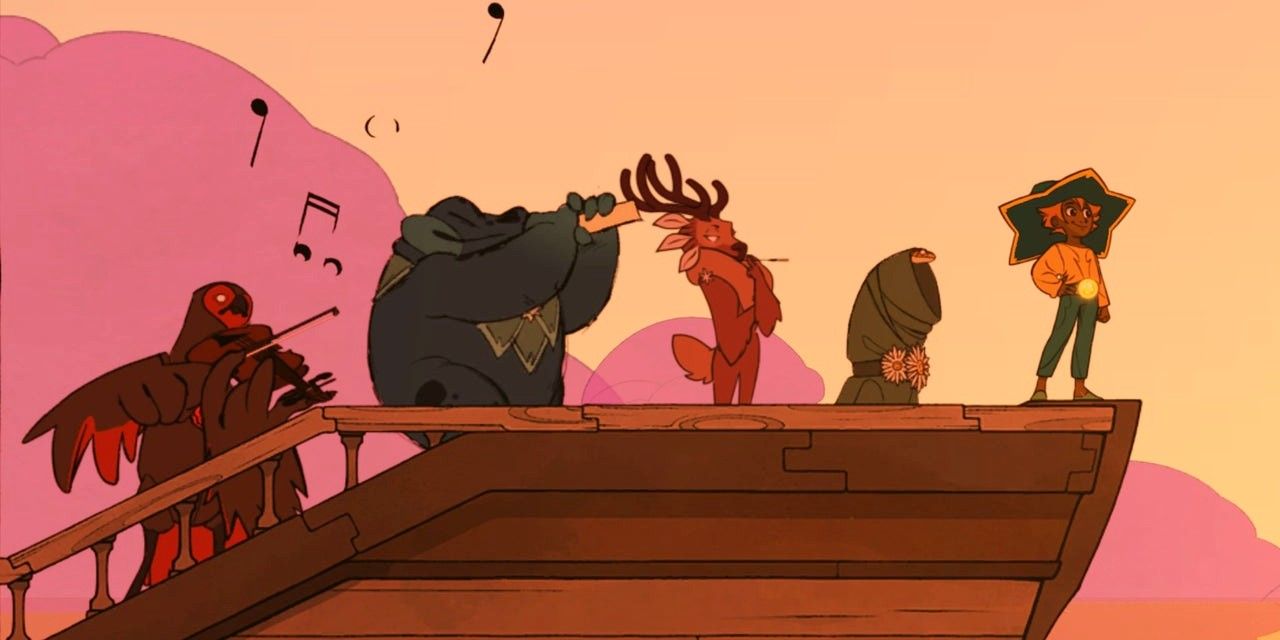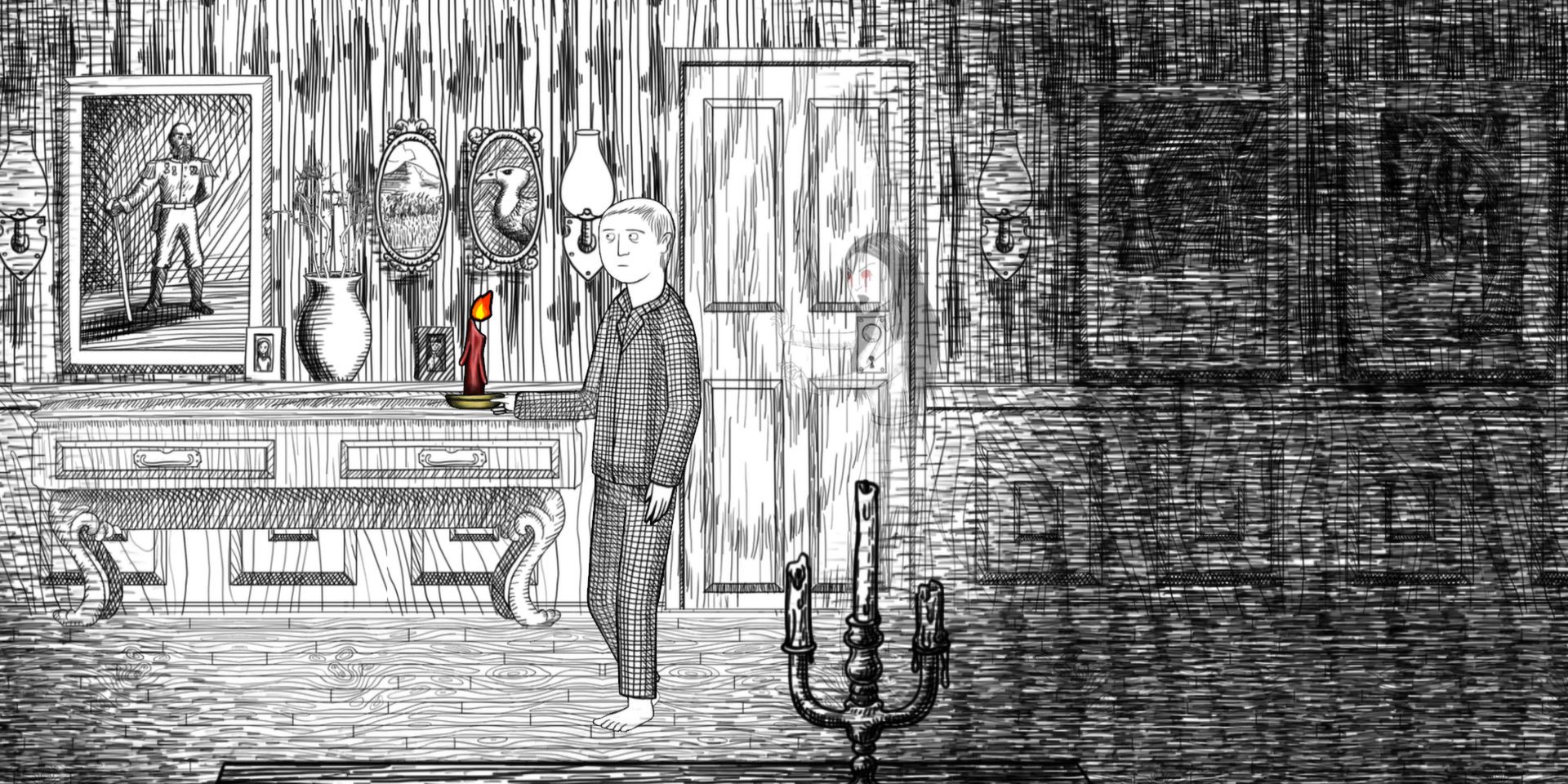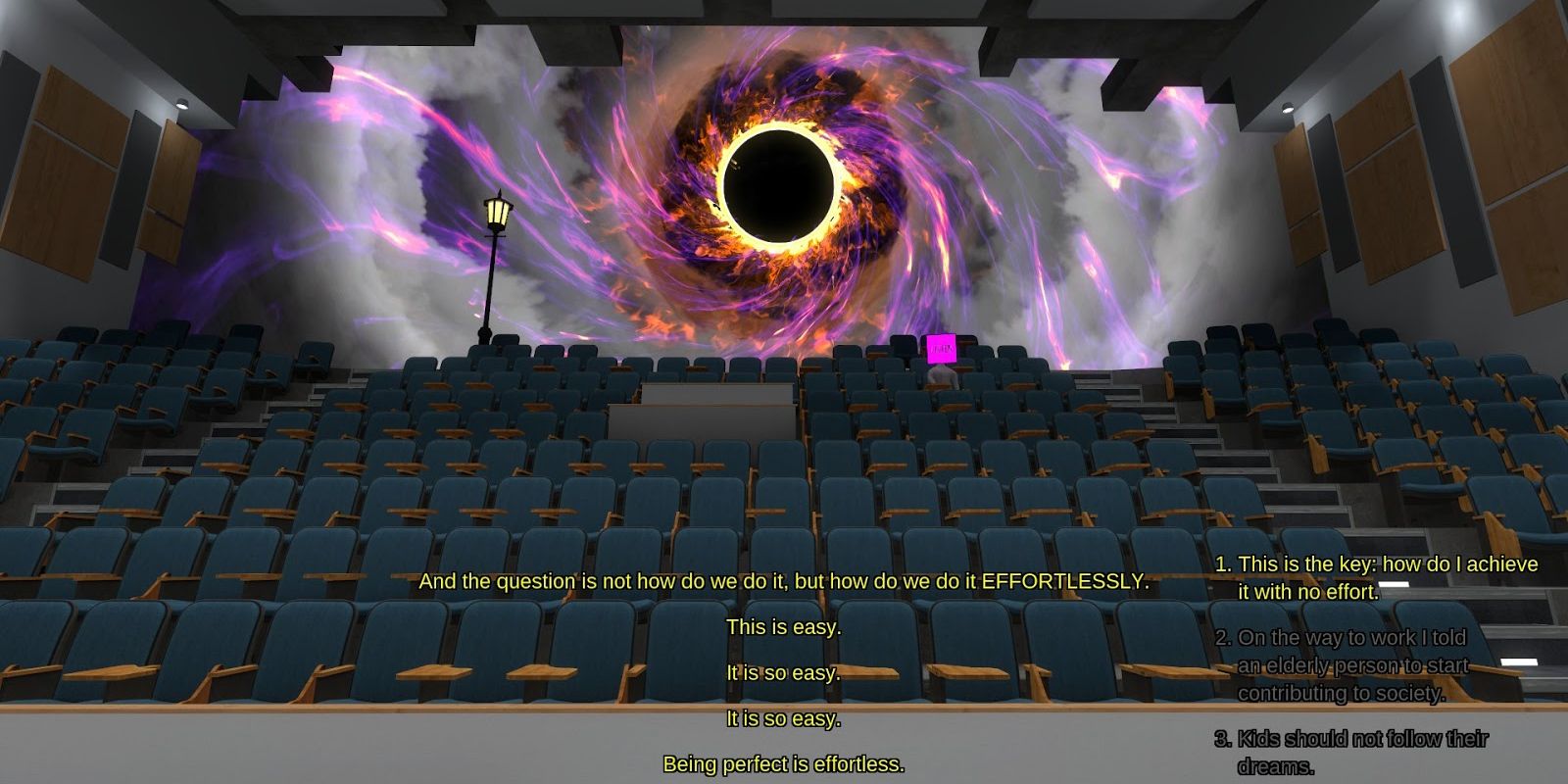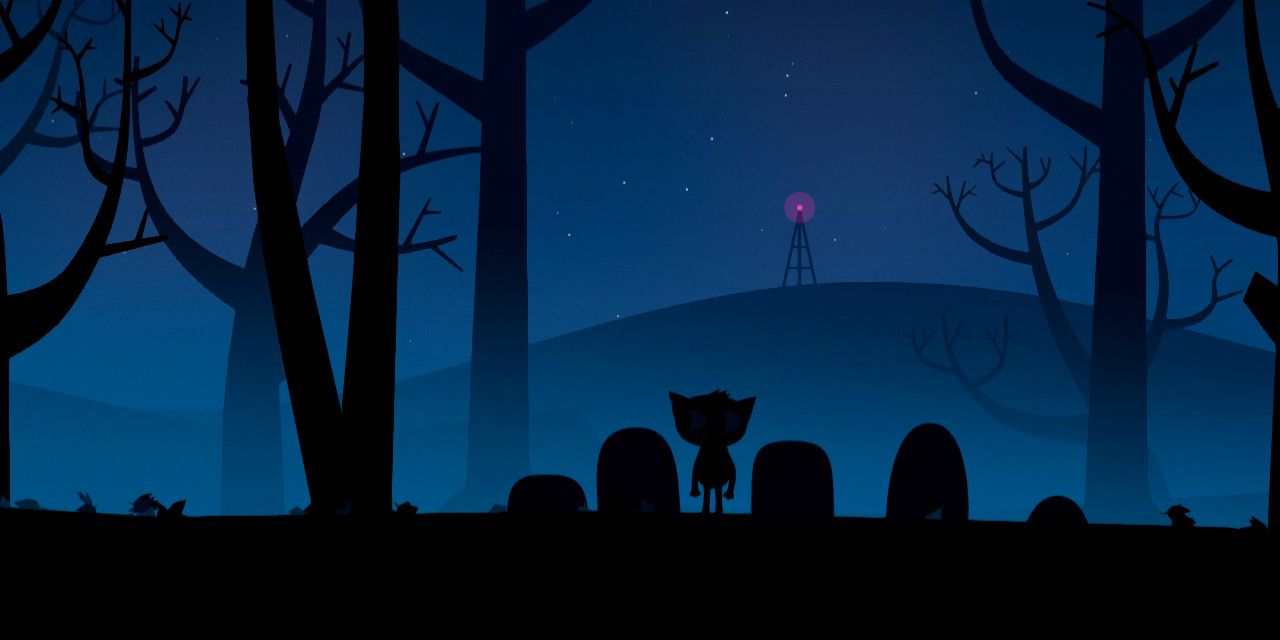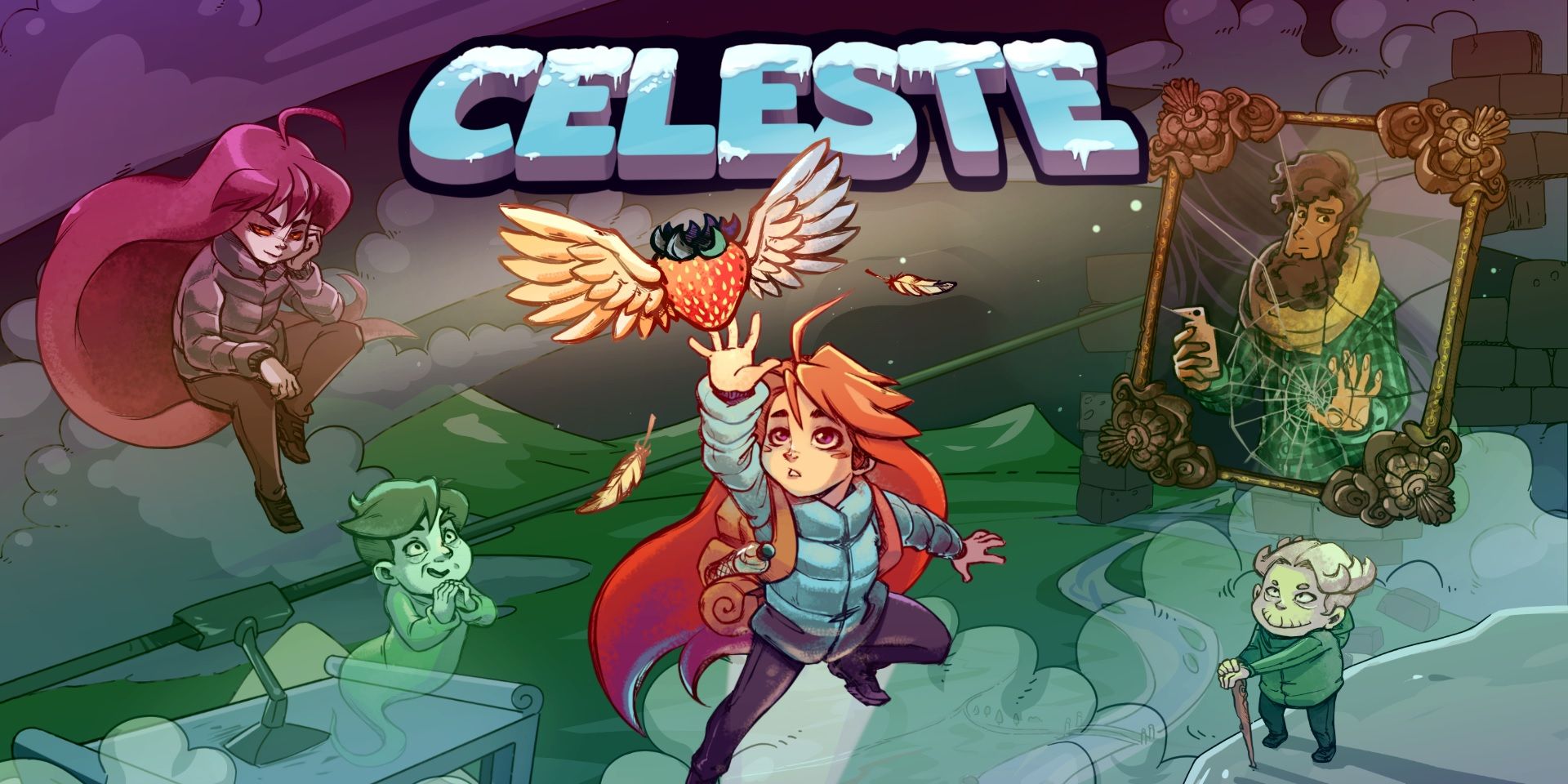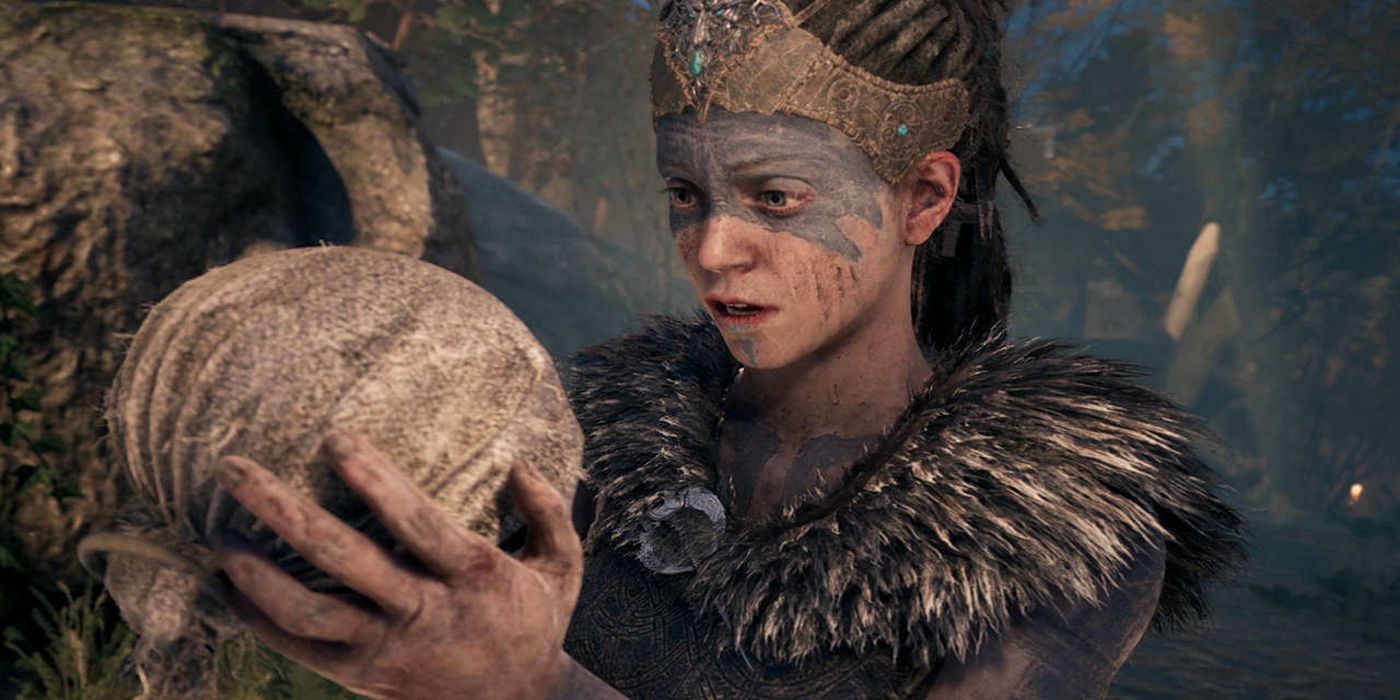Content Warning: This article contains discussions of depression and mental health issues.
With the CDC reporting a significant increase in mental health issues, it is important now more than ever for pieces of media to properly discuss mental health. But even though mental health issues are more openly talked about and accepted in society than ever before, it is still extremely common for false information and negative stereotypes to be seen in media, and video games are no exception.
Despite this, some video games in recent years have had incredible representation and exploration of mental and emotional health and wellbeing. Instead of using it as a gimmick, these games approach the topic with compassion and understanding.
Omori
Even though many horror games have strong references to mental health issues, most of these games use these references as plot devices or gimmicks that often perpetuate negative stereotypes and misinformation. But every once in a while, a horror game is made that properly portrays and discusses certain mental health struggles. Omori, a 2020 RPG maker horror game, is one of these few games.
Omori is based on a webcomic the pseudonymous developer Omocat made. As shared in their personal blog, the game is a reflection of Omocat's own personal struggles in their life and thus has specific but realistic depictions of anxiety and depression. The main character, Sunny, has isolated himself from the world after a traumatic event. Over the course of the game, Sunny and his dream world alter-ego Omori slowly uncover the secrets about what had happened and, possibly, move on from it.
Depression Quest
Created by American video game developer Zoë Quinn, Depression Quest is a 2013 text adventure game created in Twine where players control a person who is struggling with unhappiness. The game is free and has received praise from the New Yorker and others for its accurate depiction of depression.
During the game, the player decides which actions the person should take next, but some of the options are unable to be selected, which is meant to represent how depression can limit what a person is able to do. Instead of being created to entertain the player, this game was made to educate players on what it is like to deal with depression.
Florence
Originally released in 2018 for mobile phones and later ported to other devices, Florence is an interactive story that follows a 25-year-old woman named Florence Yeoh who meets a cellist named Krish. After the two enter a relationship and eventually move in together, they have a fight and break up, which leads to Florence having to find a new direction in life.
This game is about loss and the struggle to move forward when a person is stuck in a life that feels monotonous and dreary. Since the game does not have verbal dialogue, the story is uniquely told using quick minigame puzzles that help players connect with the characters without any words. Eventually, Florence manages to move on and grow into the painter she had always wanted to be but was originally afraid to try.
Gris
Released in 2018, Gris is a puzzle platform-adventure game that follows a young woman named Gris who has just lost an important person in her life. The grief and depression Gris experiences because of this loss causes her to lose her voice, so she must go on a journey to regain the ability to sing again. This indie game is known for its beautiful watercolor art style.
To represent her mental state, Gris begins the game barely able to move in a world devoid of color. As she navigates the large planet, she slowly regains her abilities, which brings the colors back and allows her to travel to more places. During her travels, she encounters violent bird-like creatures that symbolize Gris' struggles and threaten to swallow her up. Despite this, she is eventually able to overcome herself and regain her voice.
Spiritfarer
Spiritfarer is a 2020 management sim where the player controls a young woman named Stella who becomes a Spiritfarer, which means that she sails the seas to find spirits, grant their final wishes, and take them to the gateway to the afterlife known as the Everdoor. With her cat named Daffodil, who is one of the best animal sidekicks in video games, Stella meets and befriends various spirits while recovering memories of her past life.
This beautiful indie game focuses on the feelings of guilt and loss that come with death, and the importance of moving on. By the end of the game, Stella and Daffodil are finally able to go to the afterlife themselves.
Neverending Nightmares
Another horror game that accurately depicts mental health issues is Neverending Nightmares, which is a 2014 survival horror game that follows a man named Thomas who is stuck in a never-ending loop of nightmares. According to Polygon, the game is based on the lead designer's own experiences with depression and obsessive-compulsive disorder.
Each time Thomas dies or encounters something emotionally shocking, he wakes up from the nightmare into either the same dream or another illusion. Depending on the choices the player makes, they will get one of three different endings. The dark art style and evocative imagery in the game reflect the feelings and experiences associated with OCD and depression.
The Beginner's Guide
Created by Davey Wreden, who also developed the critically acclaimed game The Stanley Parable which was inspired by one of the best obscure horror games The Path, The Beginner's Guide is a 2015 interactive story where the player is guided by Wreden himself through various small games made by another developer named Coda. As the story continues, the player slowly learns the truth about Wreden and why he is showing these games.
Even though this game is mostly about the relationship between game developers and players, it also explores how mental health problems can negatively impact relationships. The fictional in-game Wreden struggles with anxiety and depression, and his projections onto Coda and his works end up harming their relationship.
Night in the Woods
Released in 2017, Night in the Woods is a story-driven adventure game that focuses on a young zoomorphic woman named Mae who decides to return to her small town after dropping out of university. While staying at her parent's home, she discovers that her friend Casey has mysteriously disappeared along with several other individuals in the town, which leads to her investigating the town with three of her other friends.
Besides uncovering the secrets of the town, the player also uncovers the secrets of various characters in the game, which includes even Mae herself. Eventually, it is revealed the Mae dropped out of the university because she has been struggling with depression and depersonalization-derealization disorder.
Celeste
Centered around a fictional version of Mount Celeste on Vancouver Island in British Colombia, Celeste is a 2018 genre-defining Metroidvania platformer about a young woman named Madeline who has decided to climb to the summit of the mountain. But over the course of her journey, Madeline's own fears and insecurities manifest themselves into an entity known as "Part of Me," and she must confront this part of herself in order to reach the top.
In chapter 6, it is revealed that Madeline has been struggling with depression and anxiety, which has led to her harming herself and others. While at first, she tries to disregard the negative parts of herself, she eventually learns to accept herself and grow into a stronger person.
Hellblade: Senua's Sacrifice
Developed with help from neuroscientists, mental health professionals, and other specialists according to ScienceFocus.com, Hellblade: Senua's Sacrifice is a 2017 action-adventure about a woman named Senua who is a Pict warrior that is trying to save the soul of her dead lover, Dillion, by defeating the goddess Hela. Senua struggles with psychosis, which she thinks is a curse that allows her to hear spirits.
After defeating many different enemies and bosses, Senua slowly recovers her repressed memories and realizes that the darkness that has been following her since the start of the story is a representation of her father's abuse. In the end, she is able to let go of her guilt and fears and find some peace about her traumatic past.

